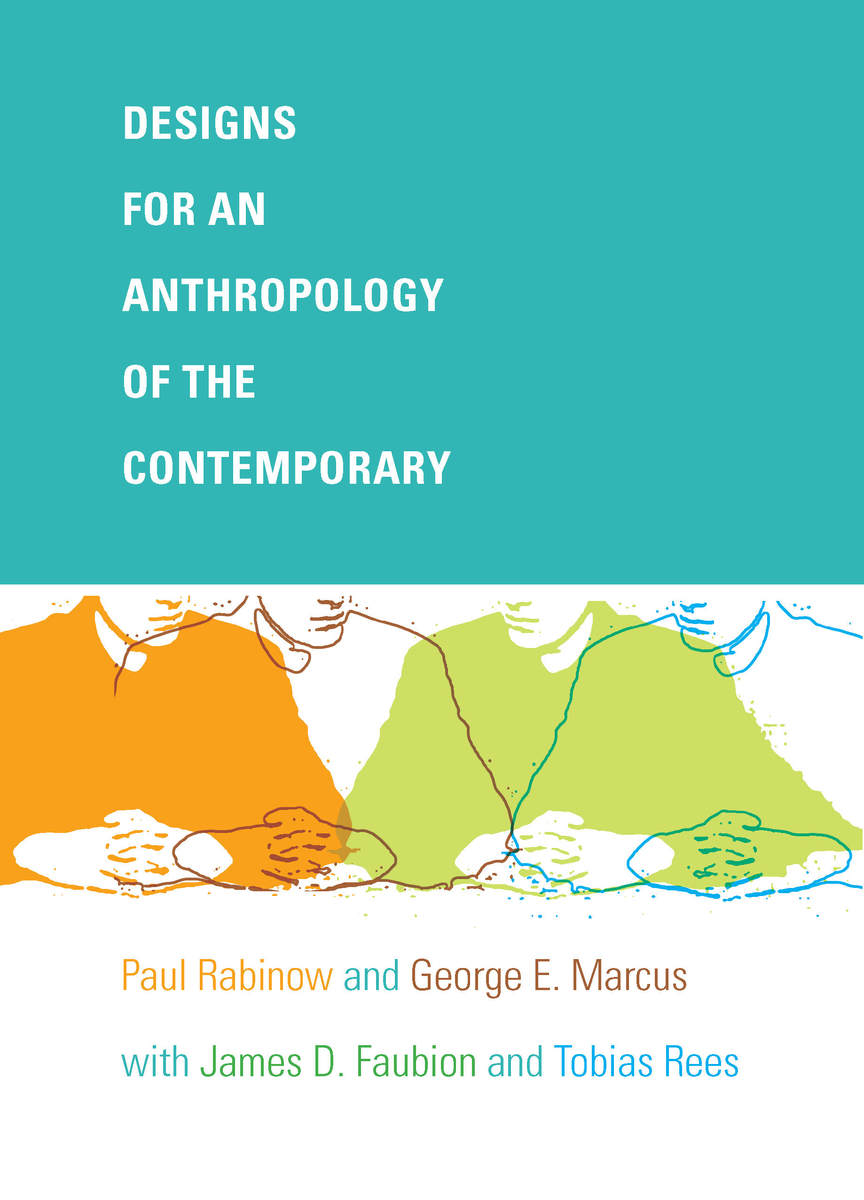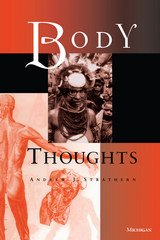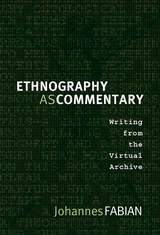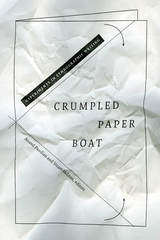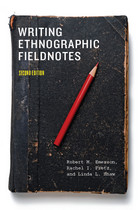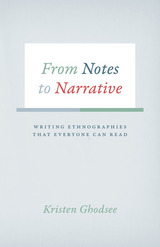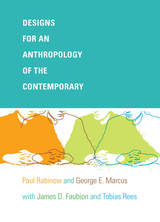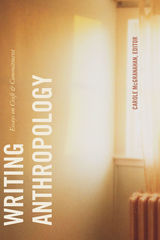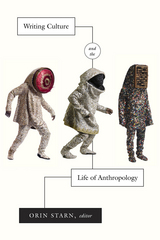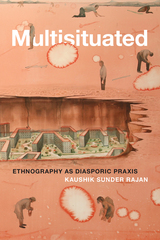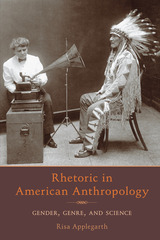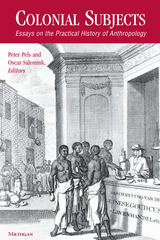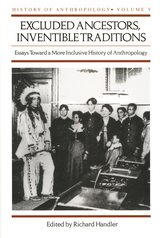“[T]he book exemplifies another ‘aesthetic’ approach, a noble response if hardly a solution, to the problem of how to think today. Very serious scholars might simply speak candidly, on the record, with one another about matters they have considered for years. It is such a simple genre, one we should
all try. Right. Designs is a bravura performance.”
- David A. Westbrook, Journal of the Royal Anthropological Institute
“This series of thought-provoking exchanges between senior anthropologists Paul Rabinow, George Marcus, and James Faubion address the past, present, and future of the discipline and the challenges involved in designing anthropologies of the contemporary. . . . [R]ecommended reading for anthropology students, especially those feeling lost in the forest of anthropological approaches, and for all those curious what several of the discipline’s most influential theorists have to say about the past, present, and future of anthropology.” - Noel Salazar, Anthropology Review Database
“Rees does a great job in summing up what is the result of a fascinating dialogue among intellectuals. . . . There are also those who started with Writing Culture and reached positions from where they can rethink and renew the structure of dissertation projects and start conversations on the anthropology of the contemporary with a new generation of anthropology students. This small collaborative and dialogic book will serve them well as a permanent inspiration.” - Werner Krauss, American Ethnologist
“Full of grace and erudition, of intellectual pleasures and provocations, this book is a rich exchange about inheritances, curiosity, pedagogy, ethnography, and experimental practice. What counts as the ‘contemporary’ is far from self-evident, and the need to think about what is happening in the world—what forms of life are in play and emerging—has never been greater. This book makes a strong ethical and epistemological claim on me, and perhaps on all its readers, to respond to this difficult task. At a time when brilliant performance prevails over collective craft, and systematic shared knowledge seems like a thing of the past, it highlights the necessity of accountability in building knowledge.”—Donna Haraway, University of California, Santa Cruz
“Paul Rabinow and George E. Marcus have very creative minds, a great deal of courage, and appealing intellectual intensity. Their lucid, conversational dialogues in Designs for an Anthropology of the Contemporary are significant and almost sure to be influential. There is a hunger in anthropology for forward-looking suggestions.”—Virginia R. Dominguez, University of Illinois at Urbana-Champaign
“What an interchange! While these fascinating conversations make much work of the concept of the ‘contemporary,’ it is how one might ‘design’ anthropology that drives them. And by the end it is ‘anthropology’ that emerges from its own history, from its fortunes and misfortunes, as a fresh instrument of education. The search for renewal is neither here nor there; an act of renewal is another matter altogether. The enthusiasm of these thinkers is wrought through dialogue at once collaborative and agonistic, setting a standard of reflection that creates its own present tense.”—Marilyn Strathern, University of Cambridge
“[T]he book exemplifies another ‘aesthetic’ approach, a noble response if hardly a solution, to the problem of how to think today. Very serious scholars might simply speak candidly, on the record, with one another about matters they have considered for years. It is such a simple genre, one we should all try. Right. Designs is a bravura performance.”
-- David A. Westbrook Journal of the Royal Anthropological Institute
“Rees does a great job in summing up what is the result of a fascinating dialogue among intellectuals. . . . There are also those who started with Writing Culture and reached positions from where they can rethink and renew the structure of dissertation projects and start conversations on the anthropology of the contemporary with a new generation of anthropology students. This small collaborative and dialogic book will serve them well as a permanent inspiration.”
-- Werner Krauss American Ethnologist
“This series of thought-provoking exchanges between senior anthropologists Paul Rabinow, George Marcus, and James Faubion address the past, present, and future of the discipline and the challenges involved in designing anthropologies of the contemporary. . . . [R]ecommended reading for anthropology students, especially those feeling lost in the forest of anthropological approaches, and for all those curious what several of the discipline’s most influential theorists have to say about the past, present, and future of anthropology.”
-- Noel Salazar Anthropology Review Database
